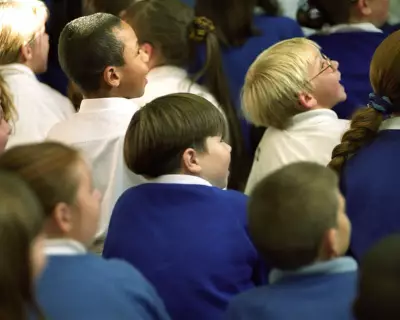
Shocking new evidence has emerged from the ongoing inquiry into the Southport tragedy, revealing that authorities attempted to return the teenage killer to mainstream education less than a year before he carried out the fatal stabbing attack.
The inquiry heard compelling testimony about the failed intervention efforts surrounding 17-year-old attacker Axel Rudakubana, painting a disturbing picture of missed opportunities and systemic failures in the education and child protection systems.
The Timeline of Failed Intervention
According to documents presented to the inquiry, education officials and support services made concerted efforts to reintegrate Rudakubana into a school environment during the period leading up to the devastating attack that claimed multiple young lives.
These rehabilitation attempts ultimately proved unsuccessful, raising serious questions about the adequacy of risk assessment protocols and the support mechanisms available for troubled youth within the education system.
Systemic Vulnerabilities Exposed
The inquiry testimony has highlighted critical gaps in how educational institutions handle students displaying concerning behaviour patterns. Experts suggest the case reveals fundamental weaknesses in the intersection between mental health support, educational provision, and safeguarding procedures.
Parents of victims listened in anguish as details emerged about the proximity between the failed reintegration attempts and the eventual tragedy that unfolded at the Southport school.
National Implications for School Safety
This revelation comes at a time when school safety protocols are under intense scrutiny nationwide. Education authorities now face mounting pressure to review their approaches to managing students with complex behavioural and psychological needs.
The inquiry continues to examine whether adequate warning signs were missed and if different intervention strategies could have prevented the catastrophic outcome that has left a community in mourning.
As the investigation progresses, stakeholders across the education and child protection sectors await recommendations that could reshape how vulnerable young people are identified and supported within the UK's schooling system.





